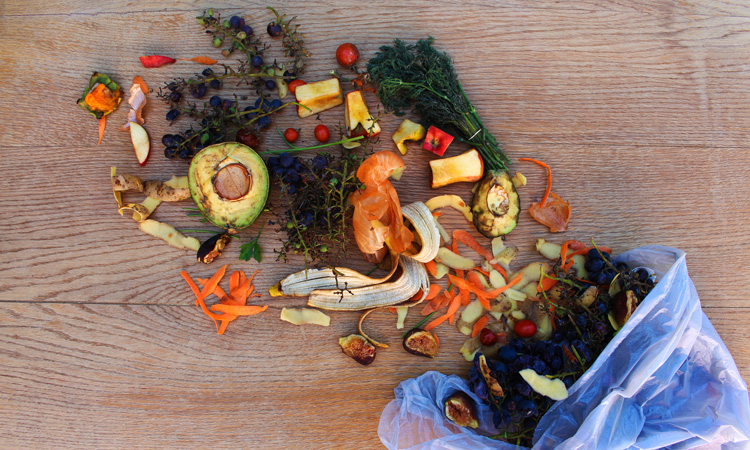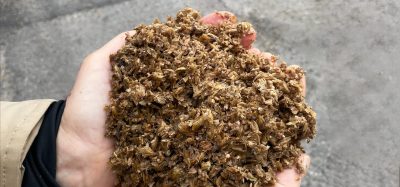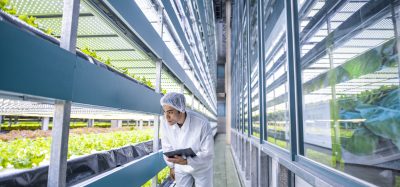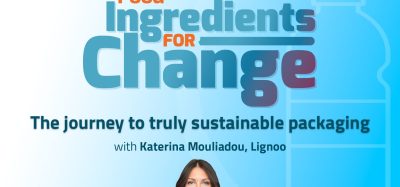Report identifies “untapped potential” to reduce European food waste
- Like
- Digg
- Del
- Tumblr
- VKontakte
- Buffer
- Love This
- Odnoklassniki
- Meneame
- Blogger
- Amazon
- Yahoo Mail
- Gmail
- AOL
- Newsvine
- HackerNews
- Evernote
- MySpace
- Mail.ru
- Viadeo
- Line
- Comments
- Yummly
- SMS
- Viber
- Telegram
- Subscribe
- Skype
- Facebook Messenger
- Kakao
- LiveJournal
- Yammer
- Edgar
- Fintel
- Mix
- Instapaper
- Copy Link
Posted: 6 July 2020 | Sam Mehmet (New Food) | No comments yet
The report, from WWF and WRAP, analysed the EU’s progress on Food Loss and Waste (FLW) and has set out guidance for governments, industry, researchers and NGOs on how to reach FLW reduction targets.


Six weeks since the publication of the EU Farm to Fork Strategy, a new report from the Worldwide Fund for Nature (WWF) and Waste and Resources Action Programme (WRAP) has outlined the additional action still needed to put the EU on track to SDG target 12.3 and halve food loss and waste (FLW) by 2030.
Food waste is estimated to cost the EU economy some €143 billion per year, and is responsible for 15 percent of all greenhouse gas emissions associated with the food supply chain. A key element of the Farm to Fork Strategy, eliminating food loss and waste to the largest extent possible is said to be an urgent and indispensable step towards more sustainable food in the EU.
The report identified key interventions with “high but still untapped potential” to significantly reduce FLW along the whole supply chain. Such action needs to be boosted in the next decade, according to the report, and accompanied by a more conducive EU policy framework. The main recommendations from the report are:
- Measurement: Ensure the most consistent and robust measurement of FLW across EU member states, to establish an accurate and reliable baseline of food waste levels for the Union
- Targets: Stimulate action by member states with the announced setting in 2023 of EU targets for food waste reduction, which must be at least as ambitious as 3and aim to halve food loss and waste from farm to fork and from bait to plate by 2030
- Business: As part of the initiative to improve the corporate governance framework, establish a requirement for businesses over a certain size to measure and report their company’s food waste figures
- Agriculture: Work closely with member states and provide them with tailored recommendations so that Common Agricultural Policy (CAP) funds are allocated to FLW prevention actions at farm level and early processing stages
- Valorisation: Provide funding support to research and innovation in FLW, with a specific focus on the safe and efficient valorisation of waste streams into processed food, animal feed, chemicals or other materials.
Ester Asin, Director at WWF European Policy Office, said: “Reducing food waste seems to be a no-brainer, but we continue to put an impossible strain on our seas and land to produce food that never gets eaten. Such a leaky food system will never be sustainable. The EU must use all levers at hand to make sure that every actor in the food chain gets engaged and takes action.”
Richard Swannell, Director at WRAP Global, added: “There is a real opportunity to make food waste reduction one of the key ways we reduce greenhouse gas emissions and put our food system on a trajectory to a more sustainable future. But time is running out – we must all do our bit, and we must act now.
“The EU is implementing policies that will help, particularly by putting measurement at the heart of the strategy. The key next step is to support member states to act quickly so as to hit the goal of halving food waste by 2030. This report outlines approaches that are proven to work and which will deliver rapid progress.”
Related topics
Related organisations
Waste and Resources Action Programme (WRAP), World Wide Fund for Nature (WWF)







